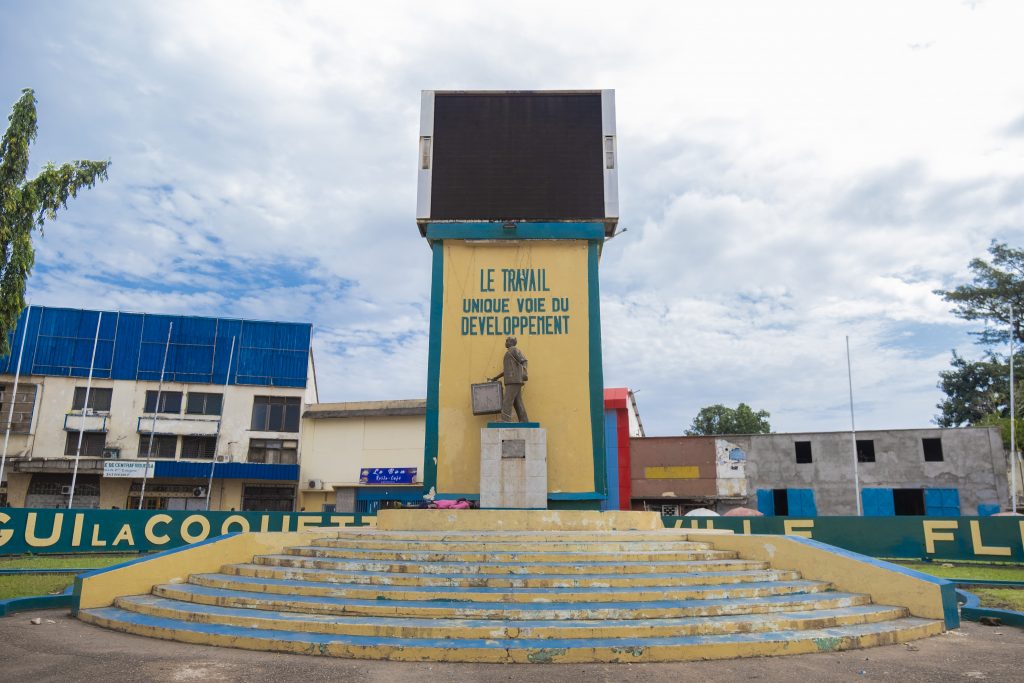
[ad_1]

On Tuesday, 13 August, the Central African Republic celebrated its 64th anniversary.Egypt The anniversary of the country’s acquisition of sovereignty. The program included a military parade in the presence of the country’s highest authorities at the Kassai military camp in Bangui. While the country celebrates, many Central Africans are curious about the developments after independence.
Like several African countries, the Central African Republic gained independence in 1960. Now, the hope of living in dignity in a country where citizens are in control of their own destiny is emerging at all levels.
Due to the small population, students at the time went to study in neighboring countries, especially Congo, Cameroon and France, before reconnecting with the University of Bangui soon after its establishment. The economy was based on cash crops, coffee, cotton, tobacco, etc. It was doing very well.
Decadent Independence
However, the hopes of independence soon turned to disillusionment, as the postcolonial army created by Jean-Bédel Bokassa split over suspicions of a coup and repression ensued.
If 64 years later, the army has increased in numbers thanks to the national defense program, the challenges remain. The country aimed for a garrison army, but it remains a projection army. Added to this is the lack of proper equipment to defend the territory and protect the population. These deficiencies are partly related to the arms embargo imposed by the UN Security Council for more than a decade.
64 years later, the Central African Republic has regressed compared to other countries that gained independence during the same period. This is due to the political and security problems it has been experiencing regularly. In addition, poor governance, corruption and impunity undermine the normal functioning of the country. More than sixty years after gaining national sovereignty, the capital Bangui has no urban transport network. Motorbike taxis crowd the streets, increasing the number of victims of traffic accidents. The salaries of civil servants have not changed, while the prices of food, daily necessities and services continue to soar.
To catch up, the country has a vision. This involves the ongoing RCA 2050 Vision forward-looking study to understand the real problems of the country. At the same time, everything is a priority for Central Africans today, namely: human capital, basic social infrastructure, decentralization of local administration at all levels, focus on double-digit growth in several economic sectors and the fight against corruption. It is a huge project and requires everyone’s participation.
– Also read: Central African Republic: Independence anniversary as military rises
article Central African Republic: What has been achieved after 64 years of independence? First appeared in Radio Ndekluka.
[ad_2]
Source link


